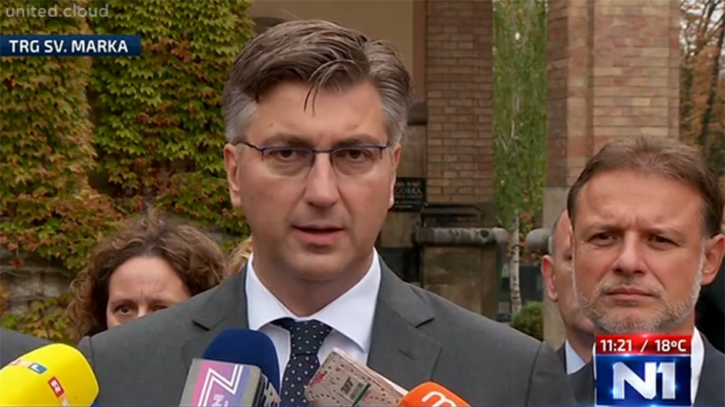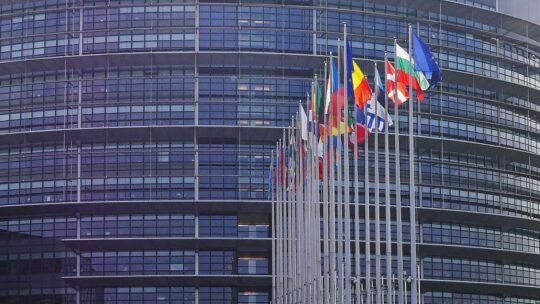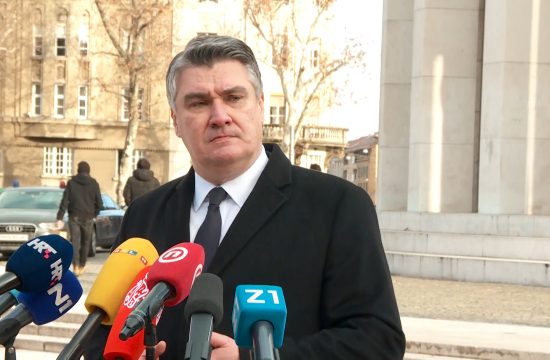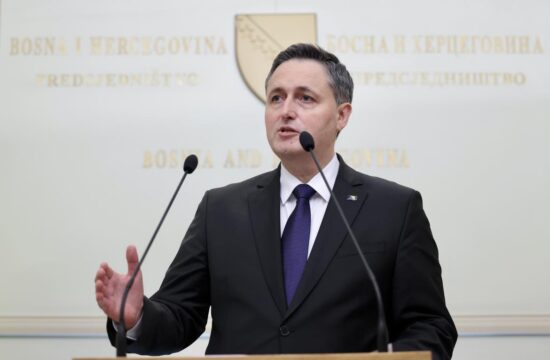
The equality of Croats in Bosnia is compromised, as their right to elect their legitimate representatives has been denied, Croatia’s Prime Minister said in a lecture he gave at the Sorbonne University in France on Tuesday.
Bosnia and Herzegovina is not a classic nation state but a three-nation state of equal constituent nations – Bosniaks, Serbs and Croats, Prime Minister Andrej Plenkovic said.
“That equality was one of the conditions set in 1991 by the international commission chaired by Robert Badinter for the country's international recognition. Today that equality has been compromised to the detriment of the Croats, whose constitutional and democratic right to elect their legitimate representative to the country's three-member presidency has been denied,” he said.
The Croatian PM referred to the outcome of the October 7 general election in Bosnia.
Bosnia’s Presidency is composed of three members, each representing one of the three majority ethnic groups living in the country – Bosniaks, Croats and Serbs.
The country is also composed of two semi-autonomous entities, the Bosnian Serb-majority Republika Srpska (RS) and the Federation (FBiH), shared by Croats and Bosniaks.
While the Serb Presidency member is elected from the RS, the Bosniak and Croat members are elected from the FBiH.
However, since there are many more Bosniaks than Croats in the Federation, Bosnian Croat representatives, particularly those of Bosnia’s branch of the Croat Democratic Union (HDZ), have been complaining that Bosniaks are able to elect the Bosnian Croat Presidency member. They said that this has already happened twice before and that it happened again in the General Election on Sunday, when the centre-left Democratic Front (DF) candidate Zeljko Komsic won the seat.
Plenkovic said that Bosniaks, of which there is three times more than Bosnian Croats, “have elected their own representative and the Croat representative” in the election.
He insisted on changes to the country's Election Law so that all constituent ethnic groups could elect their legitimate representatives at all levels of government.




